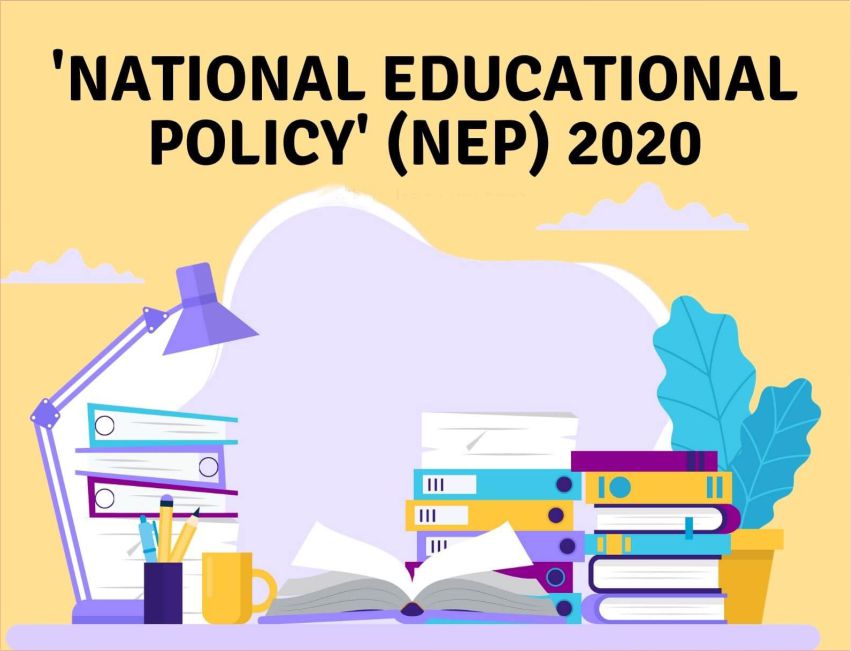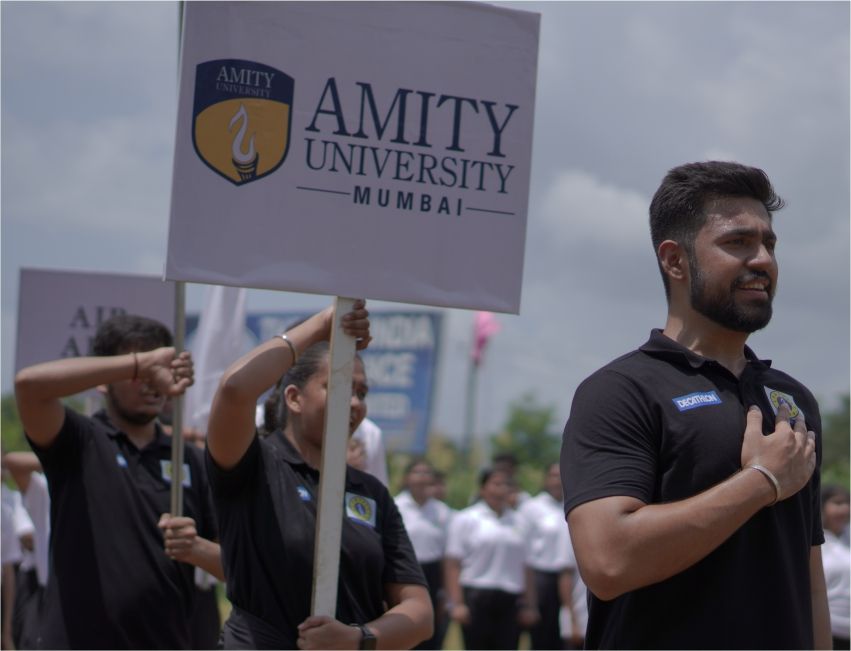Youth Corner - NEP 2020: Recommendations on Indian language & culture

- Dr. A.K. Sen Gupta
- 19 Apr, 2024
The NEP laid immense focus on Indian culture and language aspects. The Vision of the policy itself was to enable an “India Centric Education System”. In the introductory part itself the Committee has observed that India in ancient times had contributed significantly to creation of knowledge in diverse areas. India also had thought leaders like Charaka, Chanakya, Patanjali, Panini, among many others in different areas like science, medicine, politics, astronomy, etc. The Committee, therefore, felt that all these aspects of “Indian Knowledge System” should be brought to the fore by christening it in the form of “liberal education”. This would help students understand and appreciate the rich heritage of India and its tremendous contribution to the growth of the world at large.
Recommendations:
In the above context, the Committee made certain specific recommendations as under:
a. The thrust on “Indian language” should start from school level itself. The medium of instruction up to 8th grade should be mother tongue / home language / local language. The Committee also recommends that good textbooks in all subjects should be prepared in all Indian languages.
b. The Committee has made an interesting recommendation that every school student between the grade of 6 to 8 would take up a project on the topic of “Languages of India” wherein they would study evolution and linkage between different Indian languages. This would help them to appreciate the richness of Indian languages.
c. In addition to the above, it is suggested that Sanskrit will be available as an “optional subject” across grades in schools and at higher education institutions so that the willing students can learn this classical and most ancient language. Besides Sanskrit, the students can also take up any two of the classical Indian languages through self-learning. All these are aimed towards helping the students to delve into the world of Indian languages.
d. The Committee has recommended that this approach towards integrating rich Indian traditions and past into the education process should continue at the higher education level as well through the “liberal education approach”. All students of HEIs should, therefore, be encouraged to take ancillary subjects of India’s values and traditions like classical dance, Indian musical system, ancient Indian mathematics, etc. so that they appreciate India's true strength in terms of “Indian Knowledge System (IKS)”.
Moving Ahead:
In nutshell, the Committee has desired to move towards a fusion of western and Indian education so that students while graduating from the system not only become competent in global issues but also appreciate rich Indian culture, heritage, and diversity in terms of various languages. Aim is to create good “global citizens” with Indian values and ethos. While the objective seems to be noble, implementation on the ground will pose a humongous challenge. We need willing students; we also require competent as well as willing teachers who can contribute to this area. Both appear a bit difficult at this stage. While many Indian students are busy migrating to the west in search of higher education, there is a dearth of teachers at all levels who are competent in Indian languages particularly for teaching subjects like science, mathematics, etc. Therefore, the challenge before the government is substantive. As of today, nothing much seems to be moving on the ground in this direction. Even where the 4-year undergraduate courses have started, the optional subjects offered are traditional one like history or geography or accounting but not courses related to Indian values / culture. We need to wait and watch for things to move on the ground before we comment on the practicality of these recommendations.
Dr A K Sen Gupta is the Founder and Convener, Higher Education Forum (HEF). He is former Director of SIES College of Management Studies (SIESCOMS), Navi Mumbai and Bharatiya Vidya Bhavan’s S P Jain Institute of Management & Research (SPJIMR), Mumbai. He may be contacted at aksengupta51@gmail.com or 9821128103.





